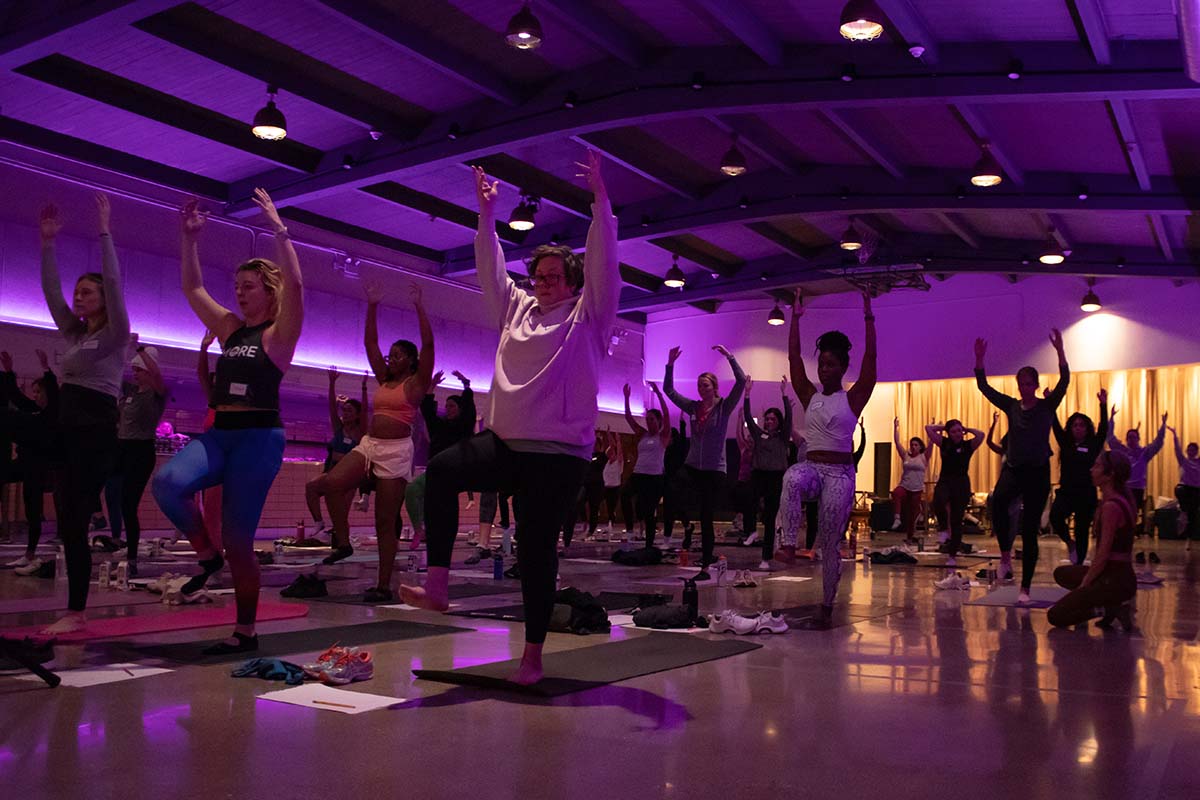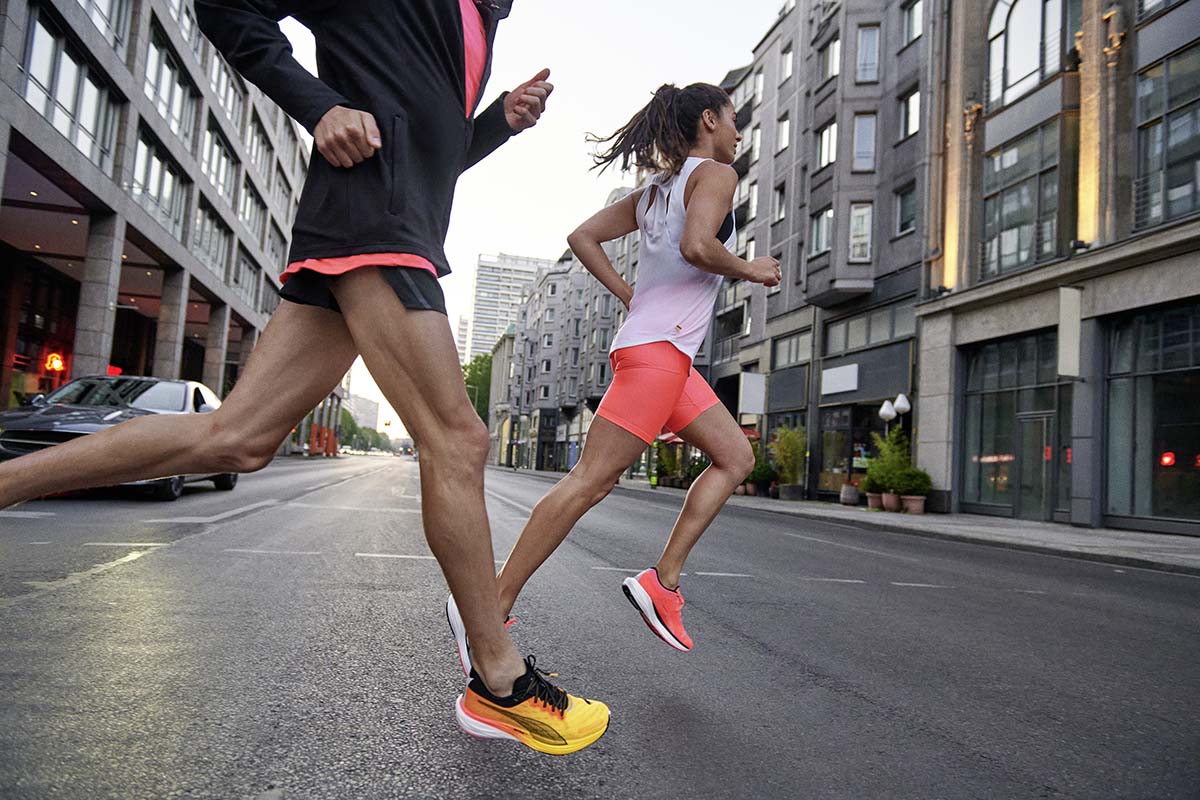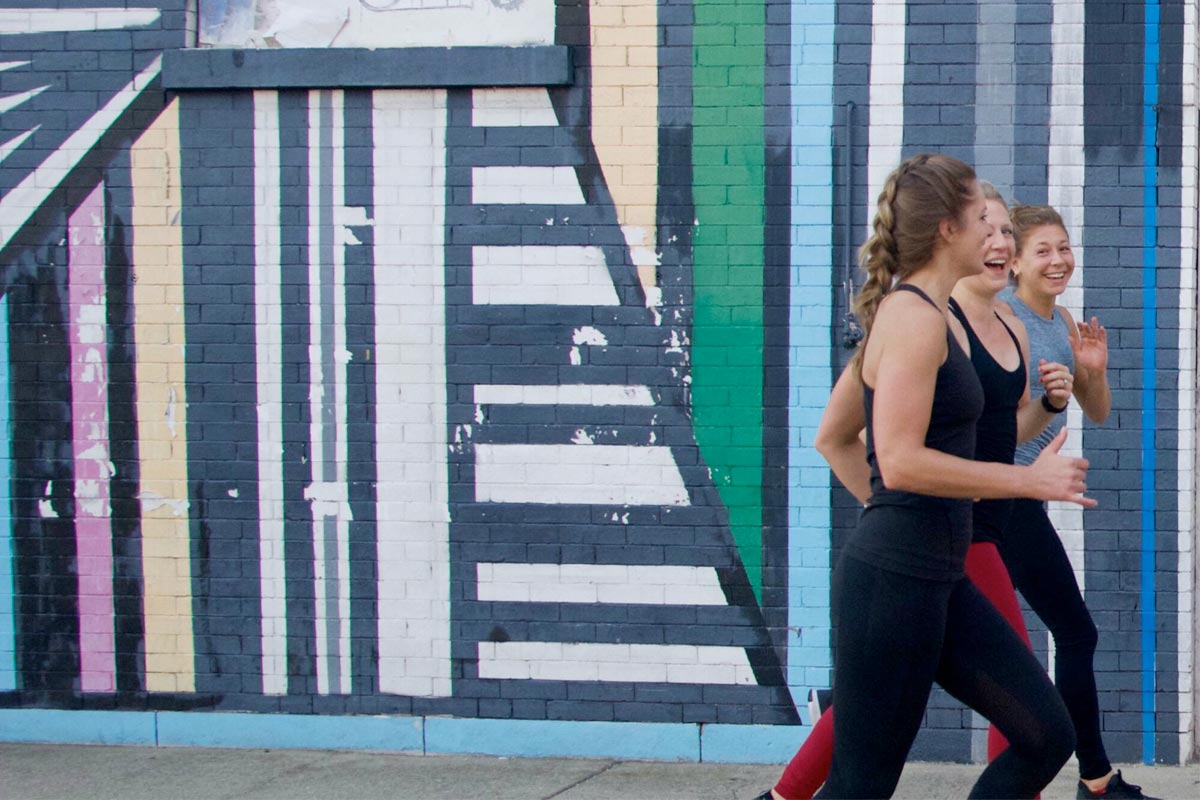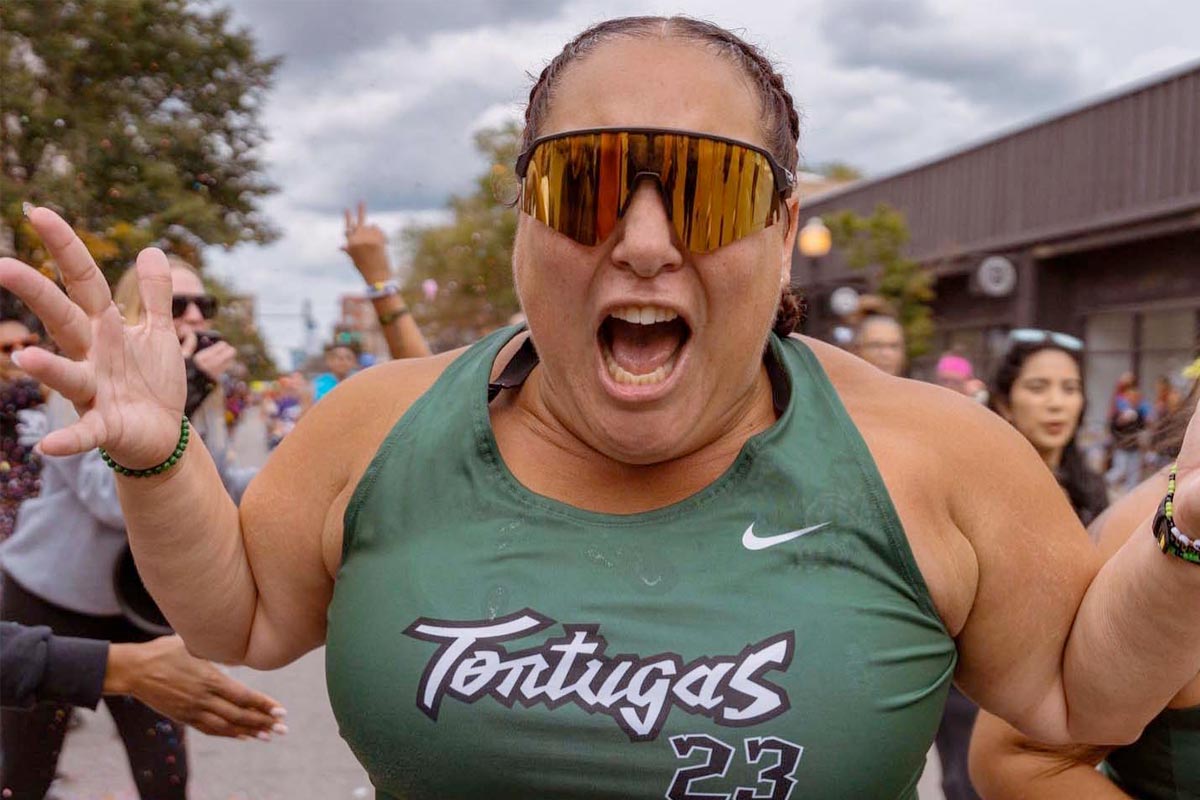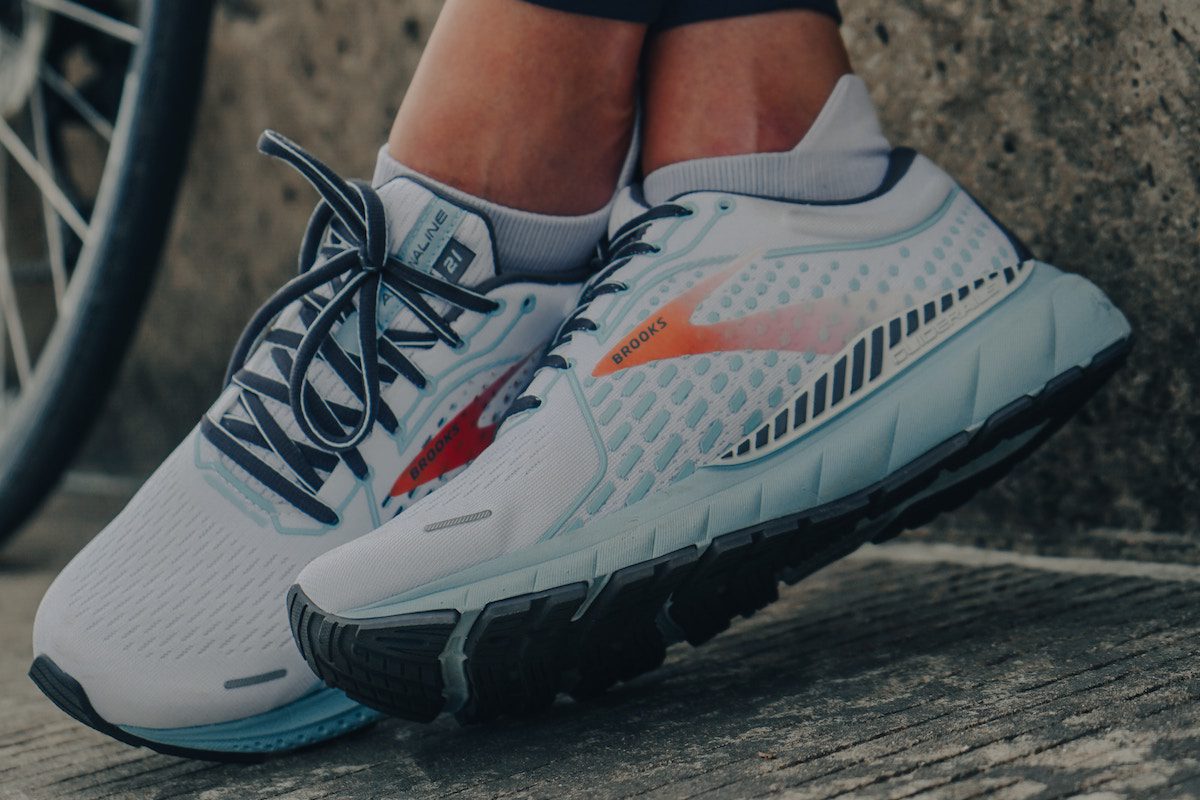Fasted Cardio: Friend or Foe?
One day, I learned that what I have always referred to as my own personal laziness is actually more widely known as “fasted cardio.”
I am not a morning person, and dare I say it, not really a breakfast person either. So, I will gladly sleep an extra twenty minutes in place of making and eating breakfast… especially when my alarm is set for an early workout.
At the beginning of the year, an early Sunday shift at ENRGi Fitness meant two things: either wake up a little earlier to work out and get it over with or spend the whole rest of my Sunday trying to convince my groggy, tired self to work out after my shift. Since I knew the latter would more often than not lead to no work out at all, I opted to make Flywheel’s 7:30am Sunday class part of my regular routine. The studio is only a ten-minute walk from my house, which meant that I could roll out of bed at 7:00 am, brush my teeth, and go. No, breakfast was not a part of the plan.
Post workout, I would have my go-to whey protein shake as I’m very passionate about nutrition and very focused on building muscle. Which got me thinking … is skipping breakfast before an intense morning workout right for me?

My research led me to the whole world of opinions on fasted cardio, which is defined as an intense cardio or circuit workout performed at least three to four hours after any food intake. As per usual, a simple Google search was very overwhelming, so I decided to talk to Maggie McDaris, R.D., LDN, about the subject.
What are the benefits of fasted cardio?
I started our discussion by asking about the opinions of those who think fasted cardio can be beneficial. “While the research remains inconsistent, there is some evidence pointing to fasted cardio as a way to burn body fat during exercise,” McDaris explained. “Exercising while in a fasted state forces your body to rely on fat for fuel, thus increasing fat oxidation (or burn).”
Yet, as I suspected, there is a very strong argument against these benefits, too.
What are the cons of fasted cardio?
“However, that increase in fat oxidation is not sustained after exercise, and some studies suggest our bodies may compensate by decreasing the amount of oxidation later in the day,” McDaris continued. “HIIT and other high-intensity workouts may result in fat being oxidized faster than we can use it. Your body will break down lots of fat during a HIIT session, but the rate of that breakdown will usually exceed your ability to utilize those free-ranging fatty acids; and if they’re not used up, they simply get repackaged into your fat cells.”
How does eating before a morning workout help you?
When I asked McDaris how eating soon before a workout can be beneficial, she basically described all the ways my morning Flywheel workouts could be better. “Consuming adequate calories before a workout can prevent ‘bonking,’ the term used to describe feeling fatigued, light-headed, or lethargic due to not fueling yourself properly,” McDaris began. “While fasted cardio may burn fat, people who eat before their workout tend to have a lower rate of perceived exertion and can work out at a higher level of intensity—thus burning more calories.”
I thought back to all the times the instructor was asking everyone to push harder as I was struggling to keep up. Well, everyone else around me probably had eaten breakfast! Having efficient, energetic workouts in one of my main goals, but the other is building muscle.
Does fasted cardio affect muscle gains?
When I asked McDaris how fasted workouts can affect muscle gains, I officially pledged to never skip breakfast before Flywheel again.
“Fasted cardio depletes our bodies of available protein because, in addition to burning fat when we exercise fasted, we also convert amino acids (the building blocks of protein) into glucose for energy through a process called gluconeogenesis,” McDaris explained. “This depletion of our body’s available protein can result in loss of lean muscle mass if fasted cardio is practiced regularly over the course of weeks and months.”
Does fasted cardio lead to weight loss?
As someone trying to gain muscle, fasted cardio clearly isn’t for me. But what about people trying to lose weight? Does that extra fat breakdown benefit them? Simply put: no.
“[The previously described effect on muscle growth] can absolutely hinder someone’s attempts to lose weight, specifically body fat,” McDaris explained. “Our lean muscle mass (or muscle tissue) is directly related to our total daily energy expenditures. Simply, the leaner muscle mass you have, the more calories you are going to burn each day, both at rest and during physical activity. Inversely, a loss in lean muscle tissue reduces your daily caloric burn – a fact that can be detrimental to someone whose goal is weight loss.”
Overall, if your main goal is weight loss, McDaris suggests eating prior to working out.
“[People who practice fed cardio] will preserve their lean muscle tissue, get more from their workouts, and avoid the risks of fasted exercise hindering weight loss rather than helping it,” she explained. “When an average person attempts a fasted-cardio plan without proper planning or professional oversight, there is great risk for nutritional deficiencies or unhealthy body composition changes.”
So, whether you’re trying to bulk up with muscle or shed fat, it seems that fasted cardio may not have a place in your health and fitness routine. Of course, as with most things health and fitness, no methods are one-size-fits-all. If you are still interested in trying fasted cardio, McDaris encourages you to speak to a registered dietitian or other professional for guidance.


